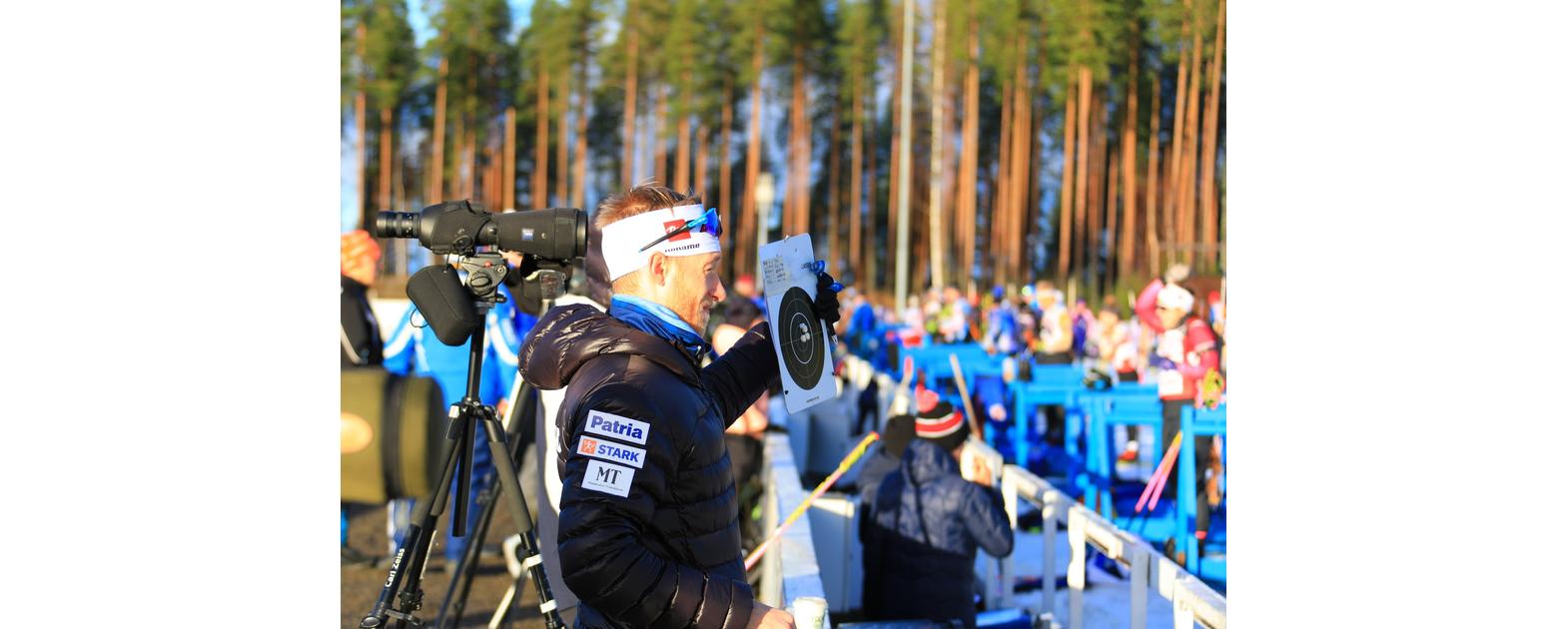-
Essential:
Essential cookies are essential for you to browse the website and use its features. Cookies that allow web shops to hold your items in your cart while you are shopping online and navigating the website are an example of strictly necessary cookies. Our website does not work without these cookies, so they are stored without your express consent.
-
Preferences cookies:
Preferences cookies can be used to change the user experience of our website. Preferences cookies allow a website to remember choices you have made in the past.
-
Statistics cookies:
Statistics cookies are used to collect information about how you use our website. None of this information can be used to identify you.
-
Marketing cookies:
Marketing cookies track your online activity. The purpose of marketing cookies is to help advertisers deliver more relevant advertising or to limit how many times you see an ad.

Norwegian Erik Bartlett Kulstad started in May as the head coach of the Finnish national team with a 1+3-year contract. Photo: Kontiolahti Biathlon
Head coach Erik Bartlett Kulstad before the start of the season: "We are in the role of a challenger"
Erik Bartlett Kulstad, who started as head coach of the Finnish national biathlon team in May, says he is satisfied with his experiences during the first six months.
“The head coach of the Finnish national team is a perfect challenge for me. We are in the role of a challenger, and we have a good mix of experience and young enthusiasm," says the 31-year-old Norwegian.
For the first three months, Kulsdtad's main task was to get to know the athletes and the rest of the national team.
“My co-worker Aku Moilase has more responsibility than before, and the cooperation with Aku has gone very well. As young and enthusiastic coaches, it's easy for us to find common ground," says the head coach.
Snacks for autumn from the World Cup
In August, the Finnish national team brought Nastassia Kinnusen's bronze from the World Championships in roller biathlon and a top ten ranking.
"In the first months, we created a basic model for our work. At the World Championships, we were able to gather experiences, and over the course of the fall we have learned from them."
During the summer and autumn training, the national team has paid attention to both shooting times and honing skiing technique.
“Hopefully, we will be able to show right at the beginning of the season that there has been development and that shooting times and lap-specific ski times are more consistent than before. Of course, we only get to gather competition experiences at the competitions, and we learn from them throughout the season."
Close group doing
Kulstad previously worked in the coaching group of the Chinese national team together with sports legends Ole Einar Björndalen and Daria Domratsheva.
The head coach sees the general operating culture as the biggest difference between the Finnish and Chinese national teams. Athletes are athletes no matter what country they come from, he says.
“The clearest difference is how well we can connect with the athletes. I want the national team to be a tight group that wants to work together to improve. In Finland, this is easier thanks to a more familiar operating culture and a smaller language barrier."










